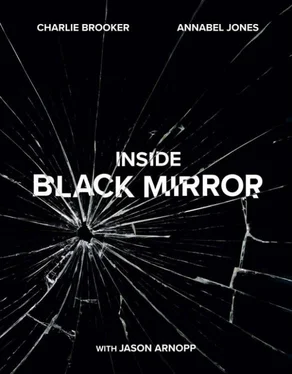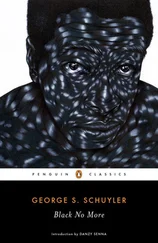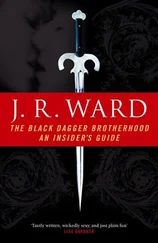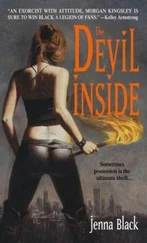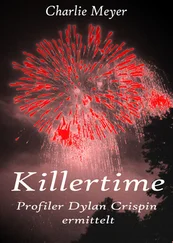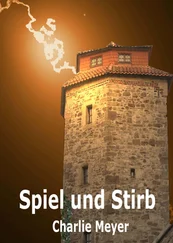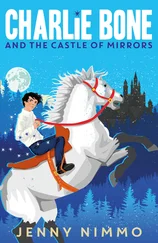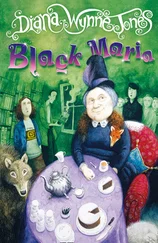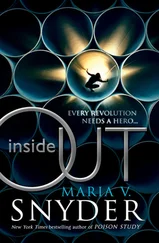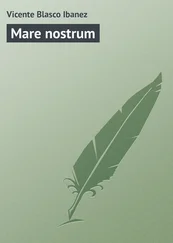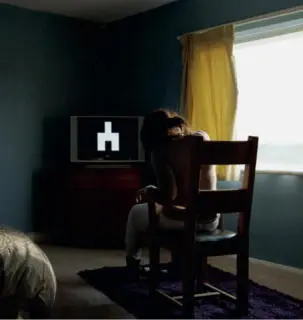
Annabel Jones:The focus is very much on how we bring people to justice and what outrages we can do if we feel we’re morally justified. It’s pretty clear in the film that Victoria’s an accomplice. She aids and abets and goes along with it. I think you need to know she’s guilty, because otherwise it looks like wrongful persecution. And I always take from it that Victoria’s incredibly remorseful about what she’s done. Being constantly shown the evil things she’s done to that little girl, it’s obviously destroying her, and there’s real remorse there.
Charlie Brooker:My take on this is slightly different. Because Victoria can’t remember what she did, she’s woken up and everything that happens in that episode is like a nightmare. It’s almost got nightmare logic to it, including the pull out to reveal this nightmare society. So if you had a nightmare in which society tells you you’re a child killer, and everyone thinks you’re a child killer, you would be terrified. And then at the end, when she’s strapped to the chair, she’s having to watch the torture and murder of a child, and the thing on her head looks fucking painful as well. So I don’t think she’s got remorse for what went on. I’m sure you’d feel really guilty, but I think it’s more confusion and animal fear above anything else.
One of the many things I like about this episode is the slight Hammer House of Horror vibe. That old anthology show had this nasty British feel, because they just filmed it all around Amersham on a budget. Because they were just filming it in 1979 or something, outside a Tesco, that made it much more creepy, sinister and threatening than the Dracula movies.
I was really pleased with the contrast of Be Right Back and White Bear , back to back. I quite like the fact that we went from a more emotive one into one that’s so fucking horrible. White Bear is one of my favourites, although I have favourites for different reasons, so it really varies. But White Bear is one I’ll sometimes use as verbal shorthand. Like, “I’m looking for a White Bear moment.”
‘Last but not least, enjoy yourself’
– Baxter
Carl Tibbetts: White Bear is one of my high points, career-wise. In terms of concept and execution, it pretty much nailed everything I wanted it to do.
Charlie Brooker:There’s a sequel idea that we’ve discussed for ages. What if the memory-wipe thing stops working? What if Victoria does start to get déjà vu? There was an idea where she does try to break out of the prison. I would never rule out a Return to White Bear . That’s the title! I know the title and two things that happen in it. I’ve always wanted to do a ‘Return to’ story. Return to San Junipero ! Or it’s Crocodile again, but backwards, like Memento . Crocodile Two: Back in Business !
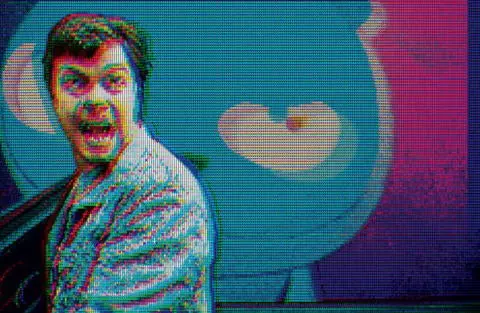
THE WALDO MOMENT
In Conversation
Charlie Brooker – writer and executive producer
Annabel Jones – executive producer
Bryn Higgins – director
Byron Broadbent – co-production designer
Russell McLean – then animation producer, Passion Pictures
Joel Collins – series production designer
Justin Hutchinson-Chatburn – VFX supervisor
Barney Reisz – producer
Jodie Foster – director, Arkangel
Failed comedian Jamie Salter catches a break when he becomes the voice and puppeteer of Waldo, an irreverent digital bear who interviews authority figures. When Waldo goes viral and runs for Parliament, Jamie uses the character to derail the career of Labour candidate MP Gwendolyn Harris, who he feels spurned him after a fling. When the US government shows interest in Waldo, Jamie has to decide how much further he’s willing to go.
Charlie Brooker:Up until 2008 or 2009, I’d avoided ever really saying anything political. But around the time of writing The Waldo Moment , I was co-presenting Channel 4’s political comedy show 10 O’Clock Live . People would go, “Oh, I wish you lot were running the country”, or, “We should turf all the politicians out and get comedians to run it.” And you think, “No you fucking shouldn’t.”
The Waldo Moment is about satire, in a way, asking what satire’s about. Sometimes Jamie just says things that are straight out of my gob, like when he says that going on [the BBC’s political debate show] Question Time would be his worst fucking nightmare.
It’s very easy for me to sit there and say Ed Miliband’s fucking ineffectual, or this person’s a prick, and actually that’s what I had to do week in, week out on 10 O’Clock Live . You’re trying to be entertaining and make knob jokes, often in front of an audience. And so there’s literally a bit where Gwendolyn Harris asks Jamie what he’s for. At least the Tory candidate MP Liam Monroe stands for something, whereas Jamie’s just saying ‘bollocks’ to stuff.
This whole episode was really tricky to write. In retrospect, The Waldo Moment should have been a mini-series, or a two-parter, or a movie. Having faffed around so much rewriting White Bear , I ran out of time, so couldn’t really think it through. I had to just do it, and then afterwards you think about all the things you might have done differently with all the time in the world.
It’s probably trying to do too many things in one episode. The idea of an avatar that you create, that becomes a lightning rod for dissatisfaction with politicians, that concept makes absolute sense, but it’s slightly underdeveloped. There are a few moving parts there that I wasn’t sure about. I didn’t have time to do as much research as I wanted, although I do remember speaking to my [MP] sister-in-law, who told me things like how Tory voters’ houses are really far apart.
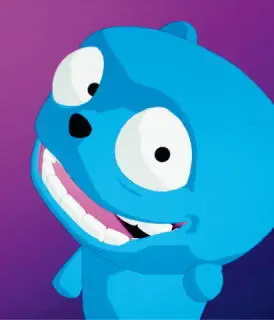
Annabel Jones:Charlie didn’t think that our main character Jamie’s stakes were high enough, that he didn’t have enough jeopardy.
Charlie Brooker:Comparatively speaking, that’s true. Because it’s life or death in the other two episodes that season. Maybe we didn’t have time to set up quite what the stakes are? Jamie’s depressed about his career and he’s quite miserable. He’s reticent about taking part in the campaign for a sort of ideological reason, but it’s like he’s complaining about something abstract.
Afterwards, of course, I realised what I should have done. Jamie has this fling with the Labour candidate Gwendolyn Harris, and while writing that, I wondered if they should be exes, but decided that was too big a coincidence. But actually, I think you’d have swallowed the coincidence. That would have been fine, and would have explained why Jamie didn’t want to campaign in that area, because he didn’t want to bump into the girl whose heart he broke or who broke his heart.
Immediately, you’d have had a bit more emotion brought up. You’d have been more invested in these people and what was going on. Things like that bug me after the fact, and I think, “Argh! Why didn’t I just…”
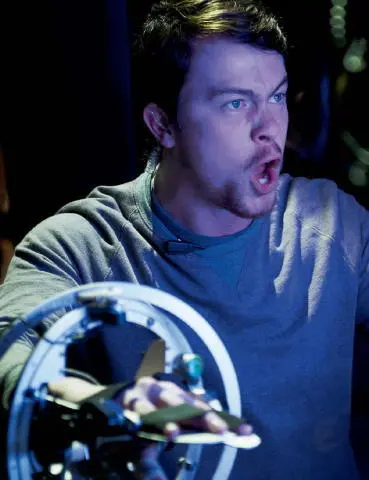
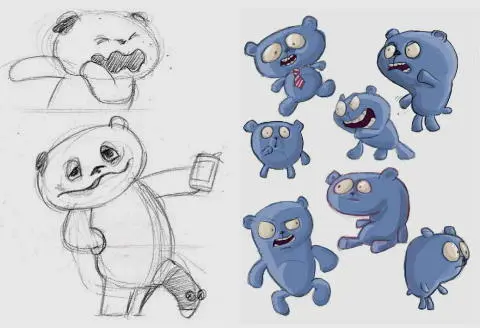
The visual development work for the Waldo character by Painting Practice. The team at Passion Pictures then went on to live animate Waldo.
The basic concept of The Waldo Moment was born during the development process of 2005’s Channel 4 sitcom Nathan Barley , which Charlie wrote with Brass Eye creator Chris Morris.
Читать дальше
